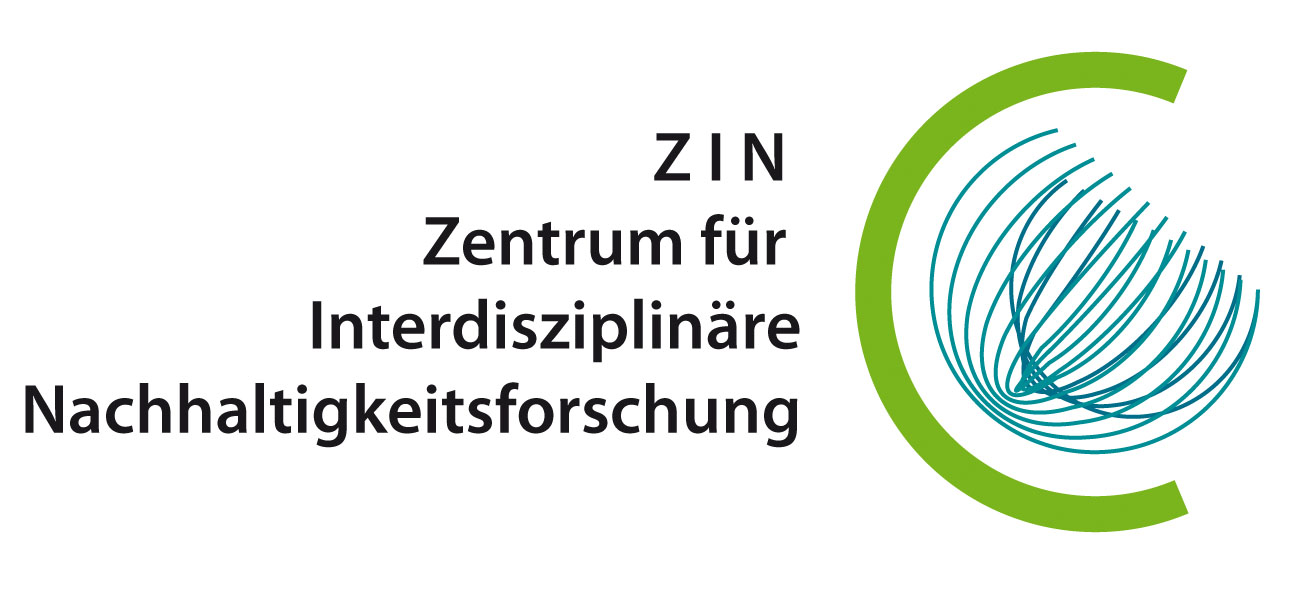
Readings for the summer slump
Over the past few months, four interesting blog articles have been published on the ZIN blog “nach(haltig)gedacht”. The blog is dedicated to the question of how we want to live – in our society, on this planet. What makes for a good life? What is sustainable in terms of the environment, but also in terms of social cohesion and democracy? It deals with social and environmental aspects, as well as political and economic aspects and developments that affect us. The common denominator is concern for the quality of life in the present and future.
In April, Doris Fuchs, Halliki Kreinin, and Lea Becker addressed the topic “1,5-Grad-Lebensstile erreichen: Warum systematische Veränderungen mit individuellen Maßnahmen einhergehen müssen”(German for: Achieving 1.5-degree lifestyles: Why systematic changes must go hand in hand with individual measures). In this article, they discuss the importance of lifestyles for reducing greenhouse gas emissions, which was the starting point for the EU project “1.5° Lifestyles.” The four-year Horizon 2020 project examined not only lifestyles compatible with the climate agreement, but also the structural changes and social conditions required to achieve them.
The blog article “Grenzen, Möglichkeiten, Missverständnisse: Wie wir über Wachstum neu nachdenken müssen” (German for: Limits, Opportunities, Misunderstandings: How We Need to Rethink Growth) from June follows on from the interdisciplinary conference “Multidisciplinary Perspectives on Growth in the Context of Sustainability – An Exchange of Social and Natural Science Approaches,” which the ZIN organized in cooperation with the Akademie Franz Hitze Haus on May 12 and 13. In this article, Franziska Elstorpff, Johanna Härtner, and Lukas Hanhoff look back on the conference and summarize valuable insights.
In line with the semester theme of growth, the Brown Bag Lecture “Growth – (Sustainable) Thinking” took place in the summer semester of 2025, at which five scientists from various disciplines examined the topic of sustainable growth. In the blog article “Wachstum, Umwelt und Frieden: Warum wir starke Institutionen für eine nachhaltige Zukunft brauchen” (German for: Growth, Environment, and Peace: Why We Need Strong Institutions for a Sustainable Future) from July, economist Andrea Beccarini explains the main points of his presentation at the Brown Bag Lecture.
In August, Daniel Ehmann published a blog article entitled “'Der Himmel über dem Ruhrgebiet muss wieder blau werden!' – Zur Konstituierung des modernen Umweltrechts in der jungen Bundesrepublik” (German for: “The sky over the Ruhr region must be blue again!” – On the establishment of modern environmental law in the early Federal Republic of Germany). On the occasion of the EurUP journal article “Umweltrechtswissenschaft im Wandel” by Daniel Ehmann and Jan Sereda-Weidner, Ehmann discusses the historical development of “modern” environmental law and the structural and substantive challenges that arise today, among other things, from the differentiation into new sub-areas of law.

